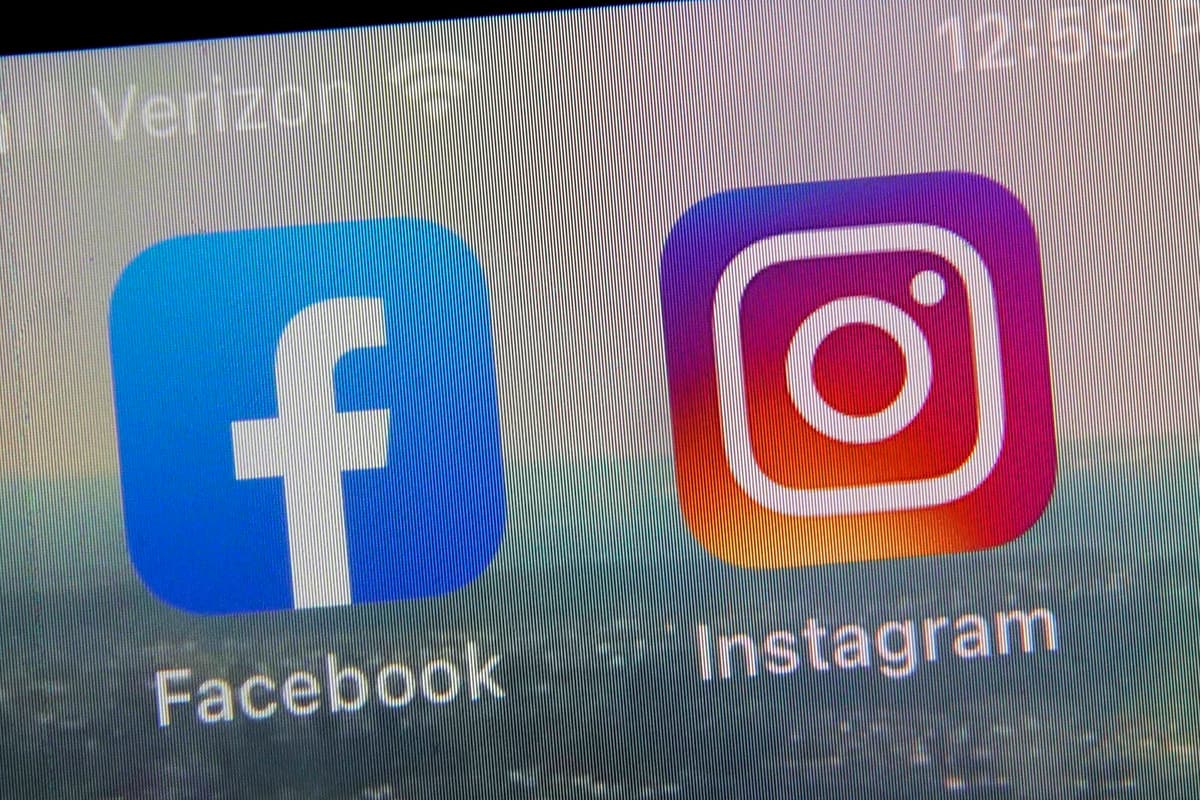Social media giant Meta, which owns Facebook and Instagram, among other things, will instead of the current third-party fact-checking introduce a method similar to the one on X, formerly Twitter. There, users fact-check the content.
According to Andreas Önnerfors, media researcher at Linnaeus University and project manager for the media institute Fojos Faktajouren, the decision can be seen against the backdrop of Donald Trump soon taking power in the USA. The owner of X, Elon Musk, will then be responsible for an advisory body that will work to streamline the state bureaucracy.
Fake news takes place
When Elon Musk gets a very large influence, and still influences one of the world's most powerful communication platforms, then Meta doesn't want to look like they're standing on the sidelines, says Önnerfors.
The narrative that all forms of fact-checking and verification would be a form of censorship has won.
Önnerfors believes that the change will lead to fake news taking up more space on the platforms, which places a heavier responsibility on users to be critical of the content.
One can imagine that it will open the floodgates for Meta platforms to also be flooded with even more crap, and then we'll see what happens with X, that it becomes more extreme and polarizing content, he says.
Digital society can be affected
It can have major consequences for the digital society we've grown accustomed to over the past 15 years.
The EU has regulations for how platforms should act against illegal content (DSA) and according to Andreas Önnerfors, Meta's decision on fact-checking goes against the legislation. So this is not the last time we hear about the rules, he says.
This will have consequences for European politics.






